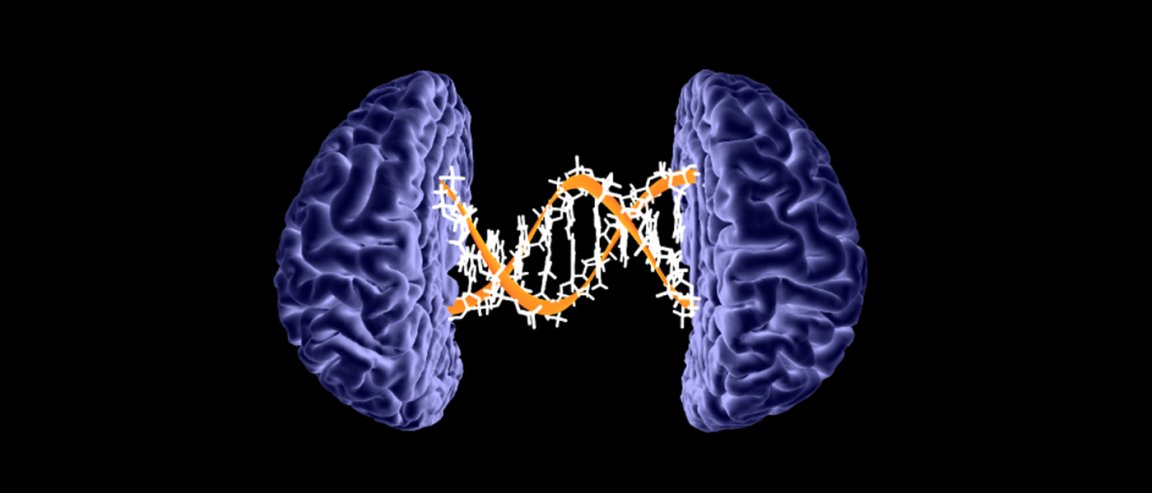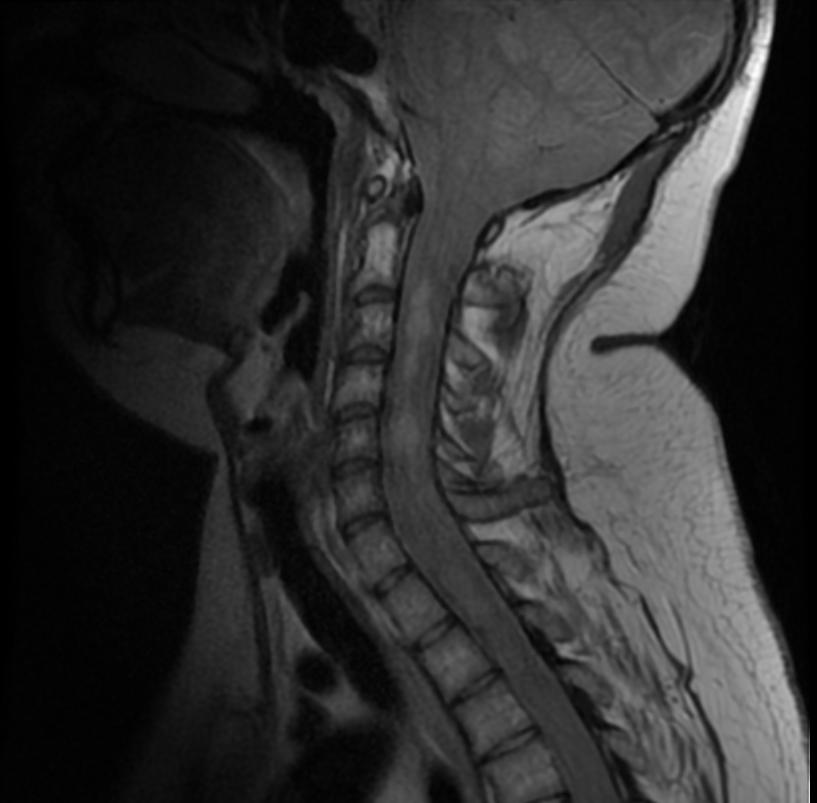
A Different Cause
Doctors’ ruling perspective on cancer has been that it is caused by a series of genetic changes. However, a team of researchers at the University of Michigan (UM) have shared a study that suggests that isn’t always the case. They focused their research on ependymomas, a type of brain tumor affecting children and adults, and came to the conclusion that alterations in proteins that affect how genes are expressed could be causing the cancer and not genetic mutations themselves.
After three separate research groups investigated ependymomas using advanced genome sequencing and were unable to identify any genetic mutations, the team at UM decided to take a different approach. They focused on the possibility of a link to epigenetics (modifications that occur to histones, the vital proteins that DNA wraps itself around). They discovered that about 80 percent of ependymomas in children exhibited low levels of the histone H3K27me3 and that those patients had worse outcomes.

Understanding Disease
This increased understanding of how epigenetics is linked to cancer can lead to more accurate prognosis of ependymomas, which are the third most common type of brain tumor in children. The researchers believe their discovery could have immediate implications for clinical use as a simple staining method can reveal the levels of H3K27me3 in biopsy samples. According to Sriram Venneti, one of the study’s authors, “We could do it very simply, with a very fast and economic process that is easily incorporated in patient care.”
Research like this is imperative to understanding why and how diseases plague our body and how we can overcome them. “Brain tumors are the most common type of solid cancer in children, but they’re still poorly understood,” Venneti said. “Understanding how the brain develops could help bring answers to understand these deadly cancers.” While the study has much further to go before it cracks the code to finding a cure for ependymomas, it’s another step forward on that path.